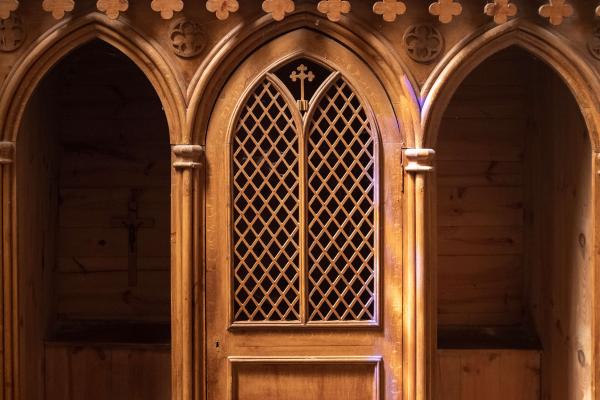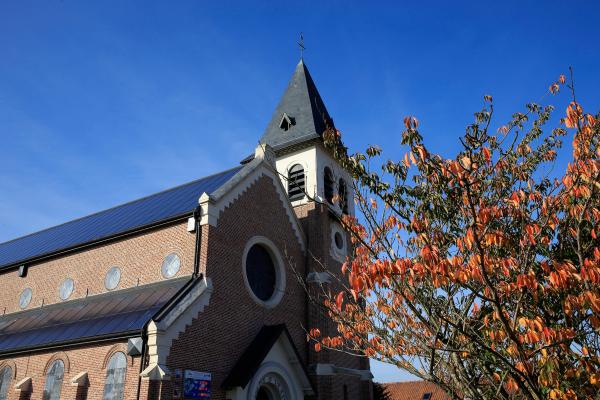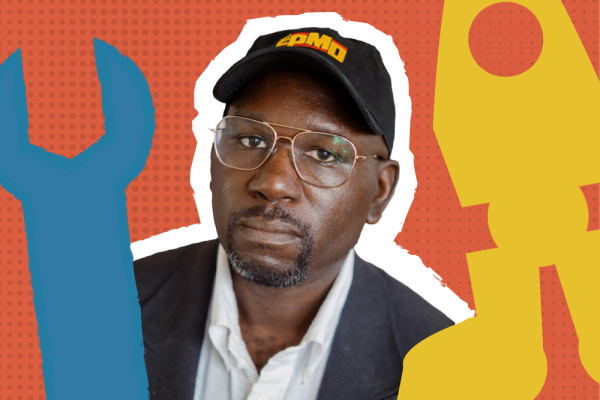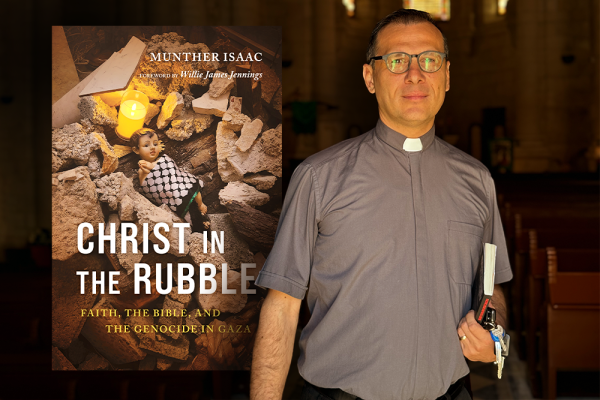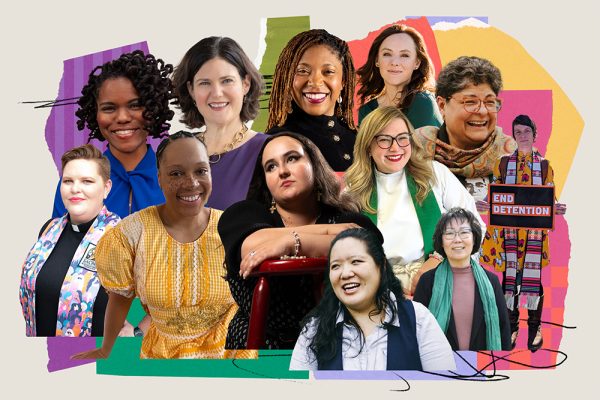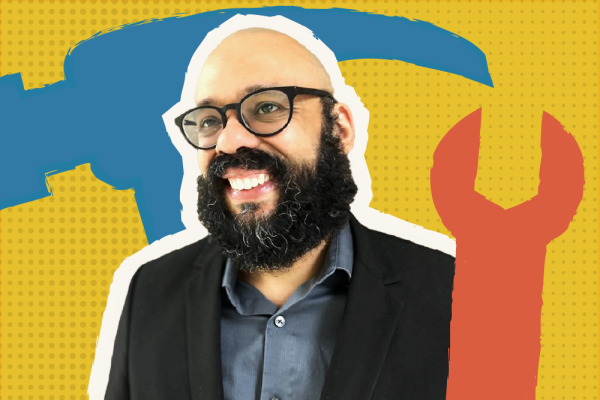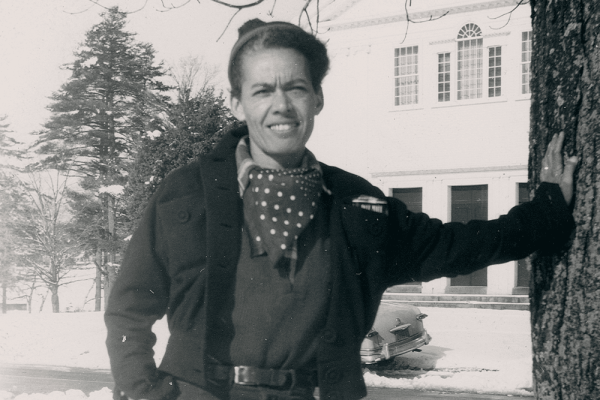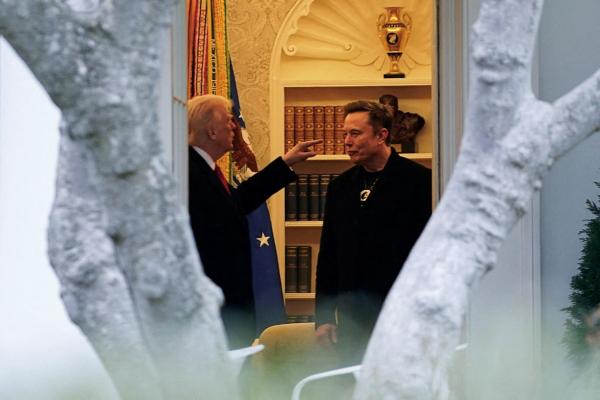We examined data collected in 2023 and 2024 from a nationwide survey of 1,600 religious leaders in the United States. The sample included religious leaders from fundamentalist and evangelical churches, Baptists, Methodists, Black protestants, Roman Catholic denominations and more – all recruited to match the proportions of churches across the country. The survey assessed religious leaders’ beliefs about climate change and whether they discuss climate change with their congregations.
According to that data, while the overwhelming majority of Christian religious leaders accept the human-driven reality of climate change, nearly half have never mentioned climate change or humans’ role in it to their congregations. Further, only a quarter have spoken about it more than once or twice.
